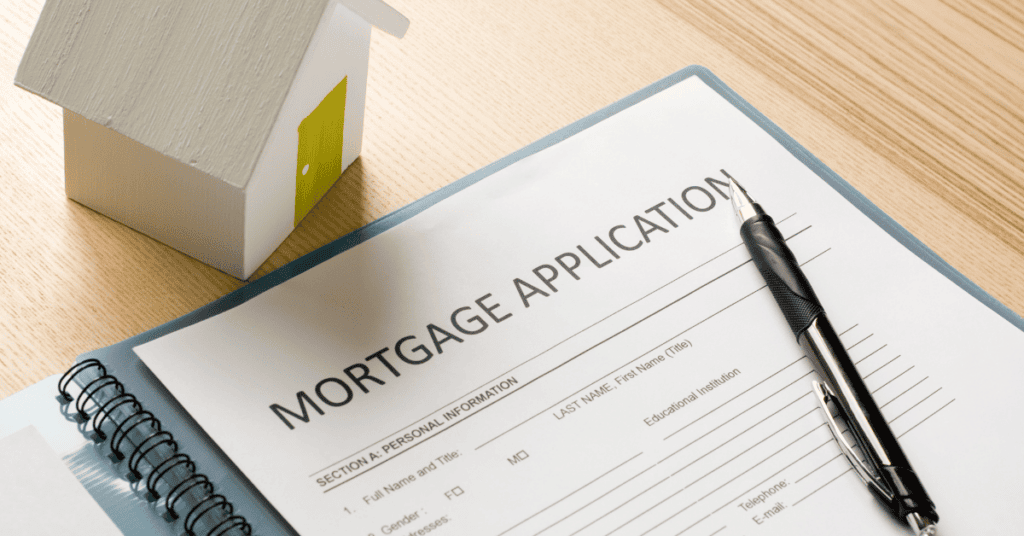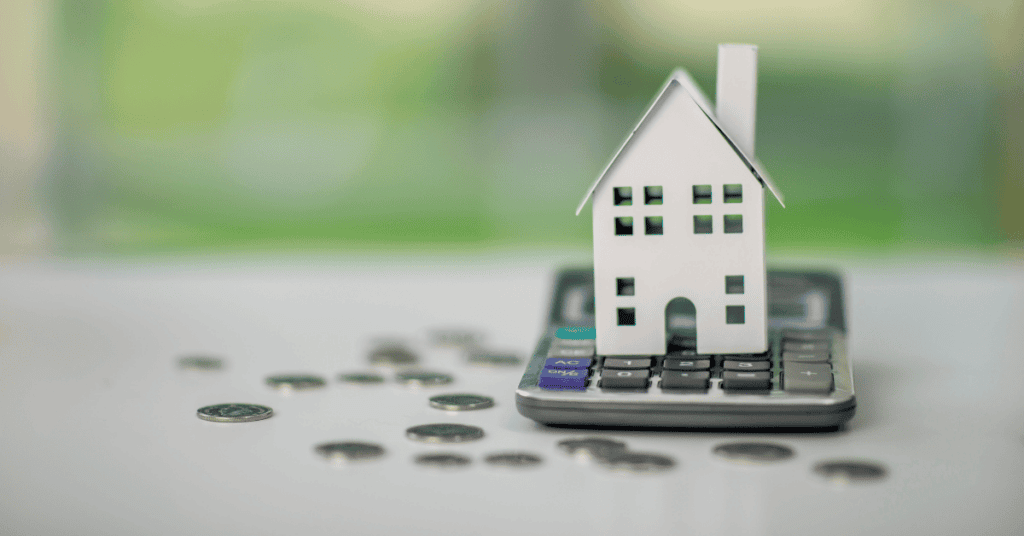Get Expert Financing
- Matched with investor-friendly lenders
- Fast pre-approvals-no W2s required
- Financing options fro rentals, BRRRR, STRs
- Scale your portfolio with confidence
One of the terms you might hear when talking about home loans is “mortgage buydown.”
A mortgage buydown can be one way to reduce the cost of your mortgage over time. Before you decide to go for it, however, it’s important to understand what it means, and how it can impact your finances.
Here’s what you need to know:
The idea of buying down your mortgage is to reduce your interest rate by paying extra money up front. You can do this during your first mortgage, or you can do it when you refinance. Sometimes a mortgage buydown is called “paying points.”
In theory, it’s worth it to pay the money up front because your interest savings over time will be an even bigger deal. So, instead of paying 4.25% APR on your mortgage, you might be able to pay extra to get it down to 4.00% APR. Over time that can mean big savings.
On top of that, you might also be able to take a tax deduction for the points you pay to buy down your mortgage. Consult with a tax professional about whether or not this is something that works in your situation.
When you buy down your mortgage, you pay what are called “points” to reduce your mortgage rate. One point equals 1% of your mortgage. So, if you borrow $250,000 to purchase your home, one point is equal to $2,500.
On average, you can expect to see your mortgage rate drop ⅛ of a basis point for each point you pay. So, if you have a rate of 4.25%, one point will bring it down to 4.125%. You would need to pay two points ($5,000) to get it down to 4.00% APR.
Not every lender has the same formula so you might see a bigger drop for each point you pay. Some lenders drop your rate by ¼ of a basis point when you pay one point, and then drop it ⅛ of a basis point for subsequent points. Find out the policy so you can use that information to shop around for the best possible deal for you.
The next question is this: How much can you save when you buy down your mortgage?
It depends on how long you will be in the house, and how many points you pay for. Using Google’s mortgage calculator, you can see that your monthly payment on a $250,000 home loan at 4.25% is $1,230. Plus, in the end, you will pay $192,746 in interest after 30 years.
On the other hand, if you pay the $5,000 for two points up front to get your mortgage rate down to 4.00%, your monthly payment will be $1,194, and you will pay $179,674 in interest over the course of 30 years.
You save $13,072 in interest over the life of your loan. That makes paying $5,000 in points worth it. You come out $8,072 ahead.
It gets trickier when you don’t plan to stick around for 30 years. In our example, the monthly savings in payments is $36, or $432 a year. At that rate, it will take about 11 ½ years to break even on the amount you paid for your points. If you don’t think you will stay in the home for that long, it might not be worth it to pay those points, unless you can get a good-sized tax deduction (check with a tax professional to see if the numbers make sense).
Depending on the lender and your terms, it can make sense to buy down your mortgage. However, it’s not always the best option for everyone, so it’s important to carefully consider your options before you proceed.
Our advice is based on experience in the mortgage industry and we are dedicated to helping you achieve your goal of owning a home. We may receive compensation from partner banks when you view mortgage rates listed on our website.


